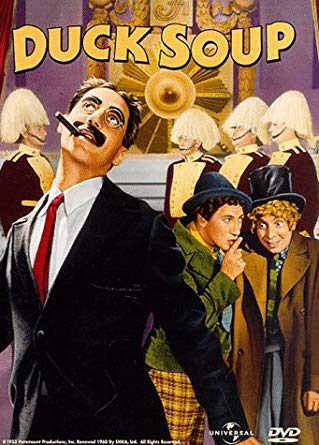Rather apt of a character-driven narrative, Ford forges an intimacy with his characters that is rarely seen in mainstream cinema. With tightly framed facial close-ups and a penchant for the top left quadrant of the subject’s face, Ford moves in close and, without so much as a flinch, creates an astonishing sense of intimacy that never intrudes, discomforts or distorts. We experience the world through George’s eyes: his despair washing the world of all colour, his eyes lighting up with lust. The focus on facial features allows us to get inside George’s head, experiencing those rare, colourful moments of pleasure between melancholic states that seem to last for hours. For George, every location has a meaning, bookmarking a memory that opens up to allow us to remember Jim; to love him, to miss him, and making his absence felt.
Firth’s performance has earned him an Academy Award nomination, and it is well-deserved. My predilection for sadness and darkness within tortured characters such as his caused something of an internal battle of the wills with this performance. While he feels he has hit rock bottom, there is something that keeps you from believing it. In this way it drives us to root for George, to believe that he is not like Charley (Julianne Moore), whose self-proclaimed future is living in the past. It makes us believe that these moments of beauty in life and human interactions are what makes life worth living. Without giving too much away, this all ties together seamlessly; another great testament to Ford’s faultless continuity.
A Single Man is like a Tom Ford suit: seamless, elegant, and fitting.


